Khartoum, Nov 28 (V7N) – The World Health Organization has reported that almost 500 individuals, including patients, their family members, and hospital staff, were killed at al-Fashir’s only operational hospital during the recent takeover of the city by Sudan’s paramilitary Rapid Support Forces. The attack represents one of the deadliest assaults on healthcare infrastructure in Sudan amid the ongoing conflict.
A Reuters investigation into global conflict zones has found that attacks on hospitals, clinics, and medical workers are becoming increasingly targeted and brutal, putting millions of lives at risk. Hospitals, traditionally considered protected spaces under international law, have increasingly become battlegrounds, with healthcare workers facing intimidation, abduction, and violence while trying to provide critical services.
Local eyewitnesses described chaos and panic as the paramilitary forces stormed the hospital, overwhelming medical personnel and patients alike. “It was impossible to protect anyone. People were killed indiscriminately while seeking treatment,” one witness said.
The United Nations and other humanitarian organizations have condemned the assault, calling for immediate investigations and accountability for the perpetrators. Humanitarian agencies warned that continued attacks on healthcare infrastructure threaten not only the immediate survival of patients but also the long-term recovery of communities affected by conflict.
Sudan’s healthcare system, already strained by years of political instability and economic hardship, faces severe shortages of medical supplies, staff, and operational hospitals. The al-Fashir massacre has intensified calls for international intervention to ensure the protection of healthcare services and the safety of medical personnel in war-affected regions.
The attack in al-Fashir is part of a disturbing global trend, with hospitals in Yemen, Syria, Afghanistan, and Ukraine also increasingly under threat during armed conflicts, highlighting the urgent need for stronger enforcement of international humanitarian law and protective measures for healthcare facilities worldwide.
END/WD/SMA/



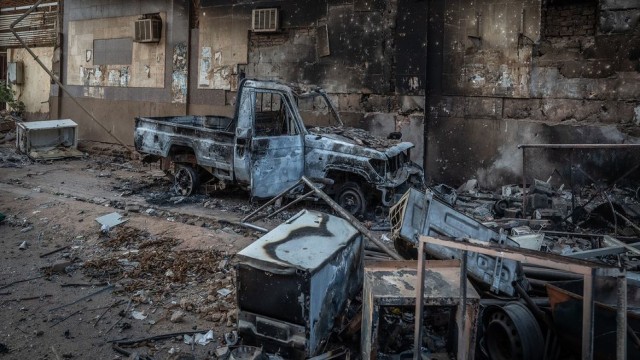


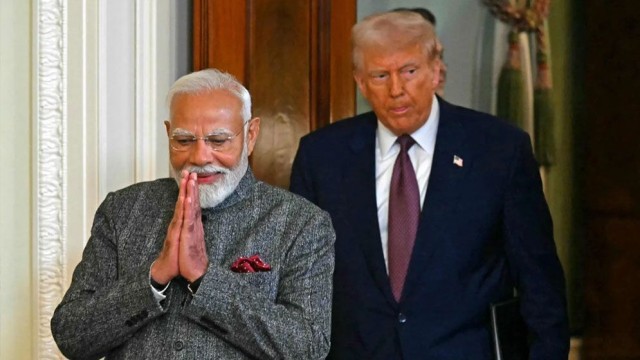


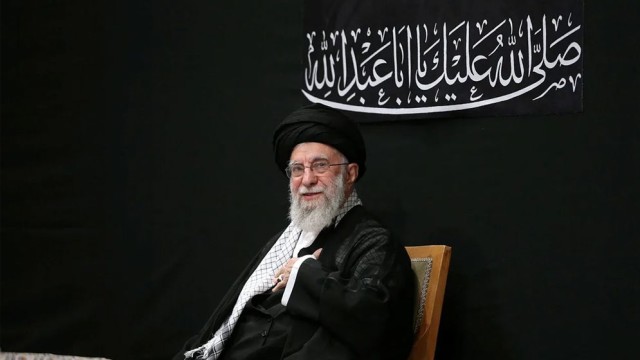

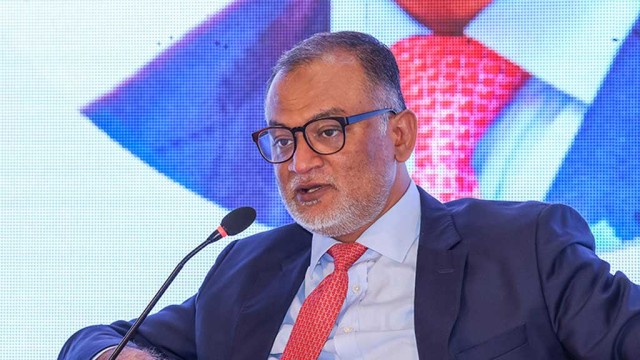


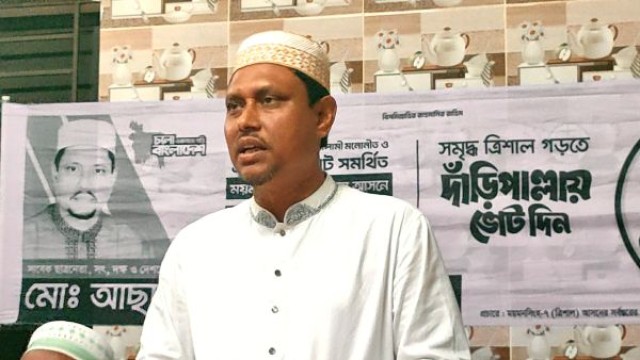
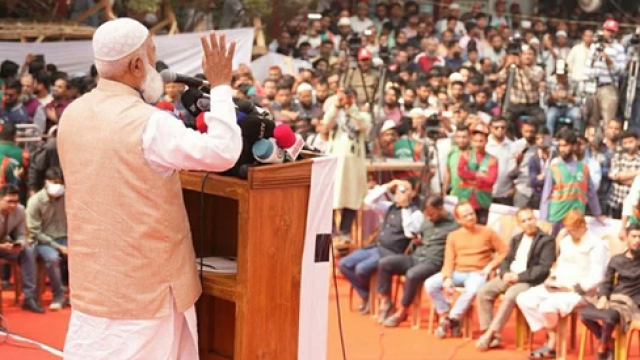

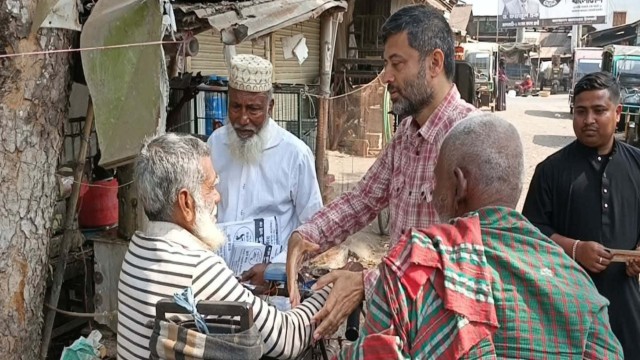
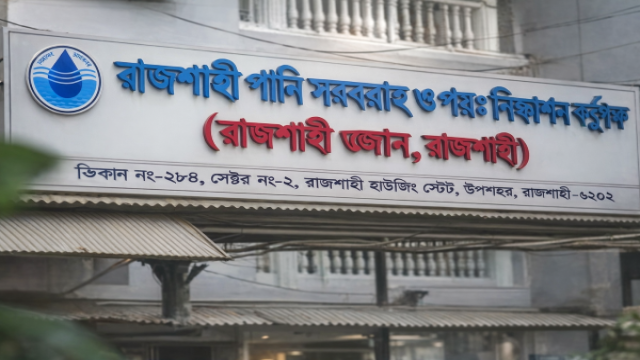
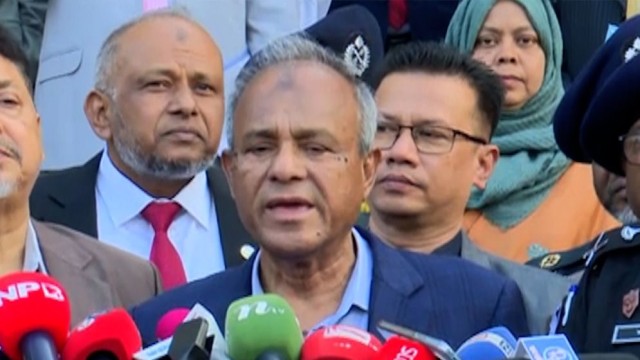











Comment: